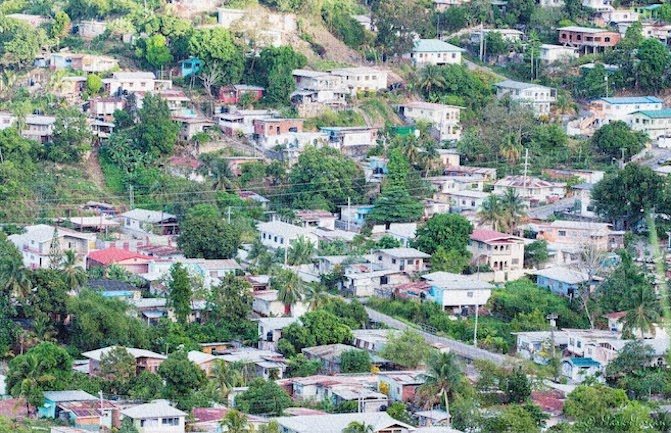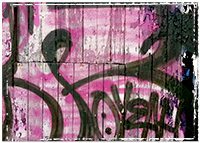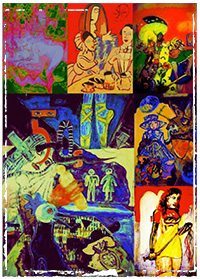Hi Rachel-Ann, congratulations on passing your viva! How does it feel?!
Thank you, it feels dreamlike to be honest and I know that sounds so cliché… But the momentum of it all, the pace, the energy, the excitement and everything that came with the Viva… I feel like it was not anything that anyone could describe to me.
What was your PhD title?
Confronting the struggle for youth participant power in community media practice: a case study of the Shoot to Live project in Trinidad and Tobago
Can you explain in a couple of sentences what your PhD was about?
My PhD critically examined and grounded theory on community media practice. The case study for this study was a project called Shoot To Live, whose target audience was young males in Trinidad and Tobago residing in vulnerable communities. In this project, two groups of young were taught photography, videography and lifeskills over a short period of time. This research was particularly important in using the findings of this case study to contribute this new concept of a social action community media project within a context that has rarely been discussed in scholarship. Essentially, this research emphasizes the need for community media practitioners and academic researchers to develop theory through practice.
Can you sum up your PhD experience in three words?
- Struggle
- Intangible
- Discovery
What was the viva like?
It was fun and I won’t trade it. No amount of description gave that experience justice because it was euphoric, reflective, and energetic. It was an opportunity to share my research and the people (examiners and chair) in the room seemed like they really wanted to hear about my research. In Trini parlance… there was a lot of “good vibes” in the room. The atmosphere was free flowing and one that allowed for the discussion of my research and I really appreciated it. That has been the best part of the entire PhD to date.
What are your top tips to someone preparing for their viva?
- Know your PhD inside out
- Don’t stress yourself out
- Know what techniques keep you calm
- More than anything, listening in the moment, making notes of the question and critically thinking of them because may be it was not a question you’ve prepared/practised but perhaps your response is a perfect opportunity to show that you can think critically on your feet and engage in critical discussions.
- Take something (small) that has a lot of meaning to you in the room… For example, I took my bible scriptures in the room because it was a spiritual process for me; and I took a T&T emblem with me – to remind me that I was doing this for people back at home.
Any advice you’d tell your earlier PhD self now you’ve made it to the other side?
Own it! Own your PhD and be very confident. Although there is a thin line between being confident and cocky… so it’s about striking that balance. Once you own it from early on in the PhD journey, then it gives you that extra oomph, especially if your confidence is knocked by the feedback you get during the writing-up stages… the rebound comes faster once you are confident.
What are you up to now and any exciting plans for the future?
I am reworking and revisiting my post-PhD plans at the moment as there are lot of areas I want to venture into; for instance providing consultancy for community media organisations, returning to practice some television production like I did a decade ago, teaching, and continued research in community media, youth development, and new jazz research. So I am in the process of finding a way for all of them to work. Currently my post-PhD plans looks like a lot more writing.
Thanks so much for your time Rachel-Ann, we wish you all the best for the future!
Photo credit: Mark Morgan, ‘0039 Carenage Village, Trinidad’, (CC BY-NC-SA 2.0)


